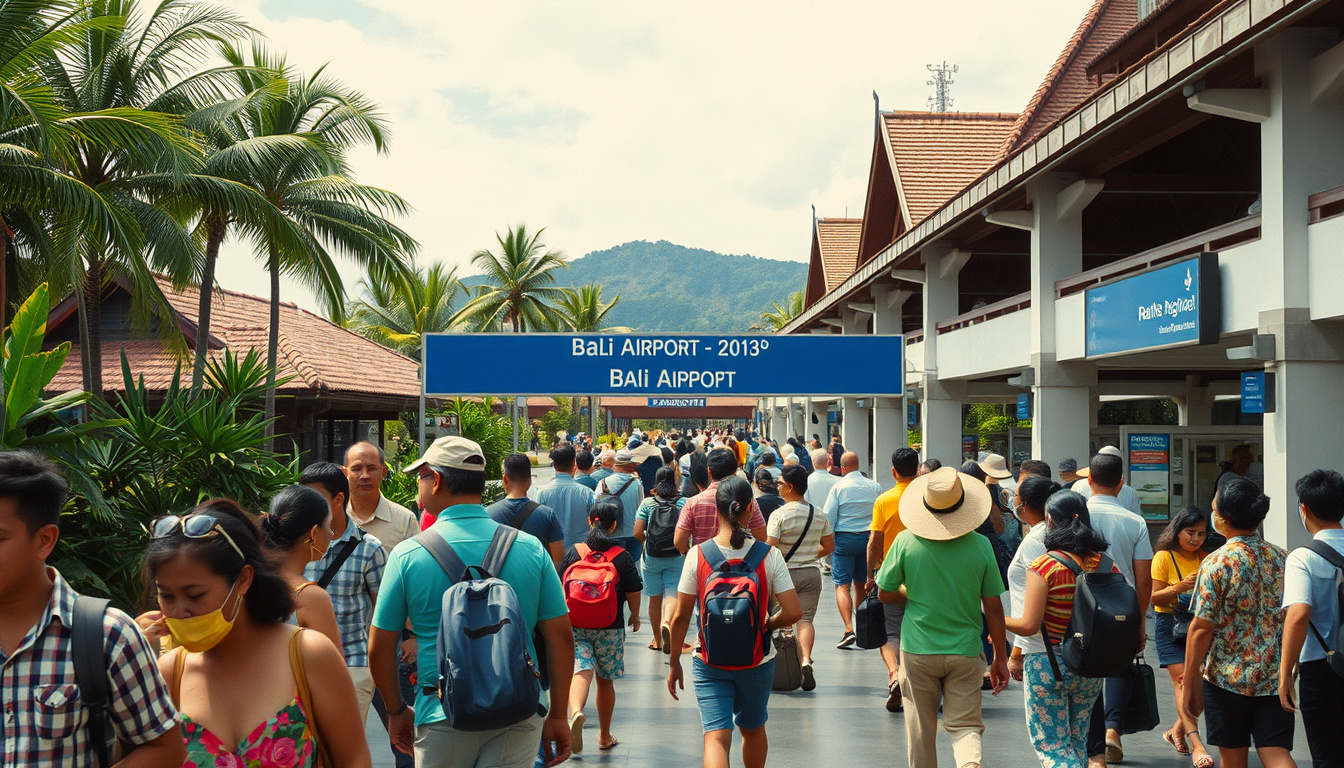The impending transfer of the remaining members of the Bali Nine to Australia has generated significant attention and debate, both in Australia and Indonesia. This move, following a formal request from Australian Prime Minister Anthony Albanese, may represent a shift in their ongoing sentences and possibly offer some relief to those still imprisoned and their families.
Prime Minister’s Initiative and Indonesian Response
During the APEC summit in Peru, Prime Minister Anthony Albanese reached out to the newly elected Indonesian President, Prabowo Subianto, requesting the transfer of Scott Rush, Matthew Norman, Si-Yi Chen, Martin Stephens, and Michael Czugaj back to Australia. The Indonesian response, as stated by Senior Minister Yusril Ihza Mahendra, suggests deliberation on the request, with a decision expected by December. This diplomatic dialogue underscores the complex nature of international relations when dealing with sensitive legal matters.
The five men, currently serving life sentences for their involvement in a heroin smuggling plot, have been incarcerated in Indonesia since their arrest in 2005. Their case has been a long-standing point of contention, particularly concerning the severe penalties handed down by the Indonesian judicial system for drug offenses, reflecting Indonesia’s stringent anti-drug laws.
Impact of Previous Outcomes and Mental Health Concerns
In stark contrast to the proposed transfer, the past outcomes for other Bali Nine members highlight the severity with which Indonesia enforces its drug laws. Andrew Chan and Myuran Sukumaran, considered the ringleaders, were executed in 2015, marking a turning point that intensified the discourse around this group. The strain on the five remaining prisoners is palpable, as highlighted by Renae Lawrence, the only member to have been released, who has spoken out about the psychological impact of prolonged imprisonment.
The prospect of transfer is seen by some as a glimmer of hope towards better mental health conditions and a respite for the families. Over nearly two decades, the ongoing struggle has taken a toll on both the inmates and their families, who have endured considerable emotional and financial burdens due to repeated trips to Indonesia.
Public and official reactions to the potential transfer have varied widely. Critics argue that it undermines the severity of the crime, while supporters view it as a humanitarian step forward. Within Indonesia, some government officials have voiced dissent, describing the move as a weakening of judicial resolve, reflecting the cultural and political differences between the two nations.
Should the transfer be finalized, the terms of sentencing in Australia will likely be scrutinized closely. While these men are expected to continue serving time, a return might not extend to the lifelong sentences stipulated by the Indonesian court. This resolution could mark a new chapter for the remaining members of the Bali Nine, with lasting effects on their lives and those of their families.











Add a comment